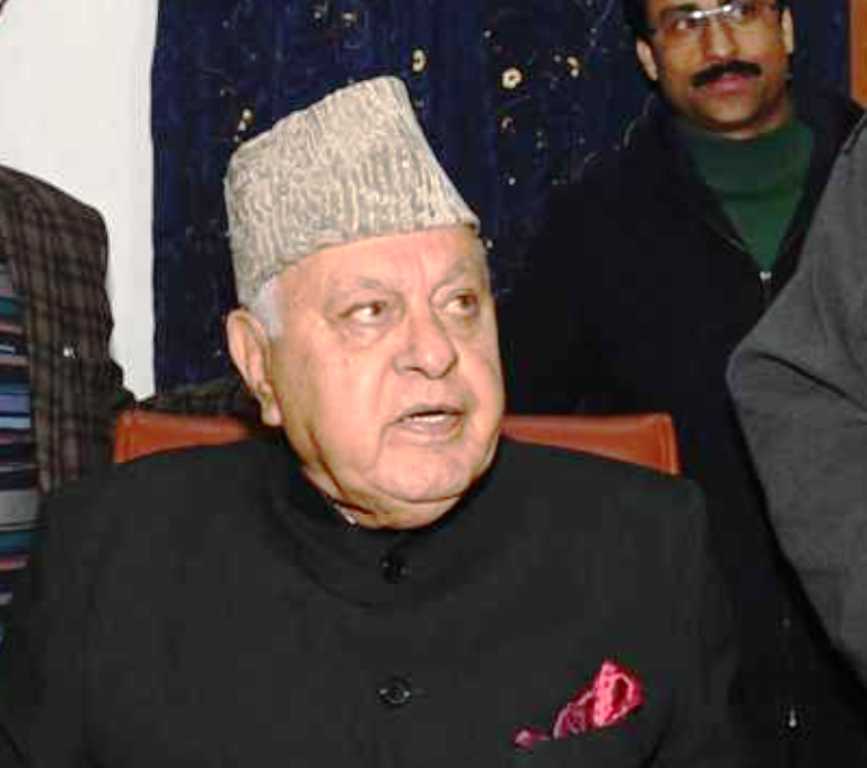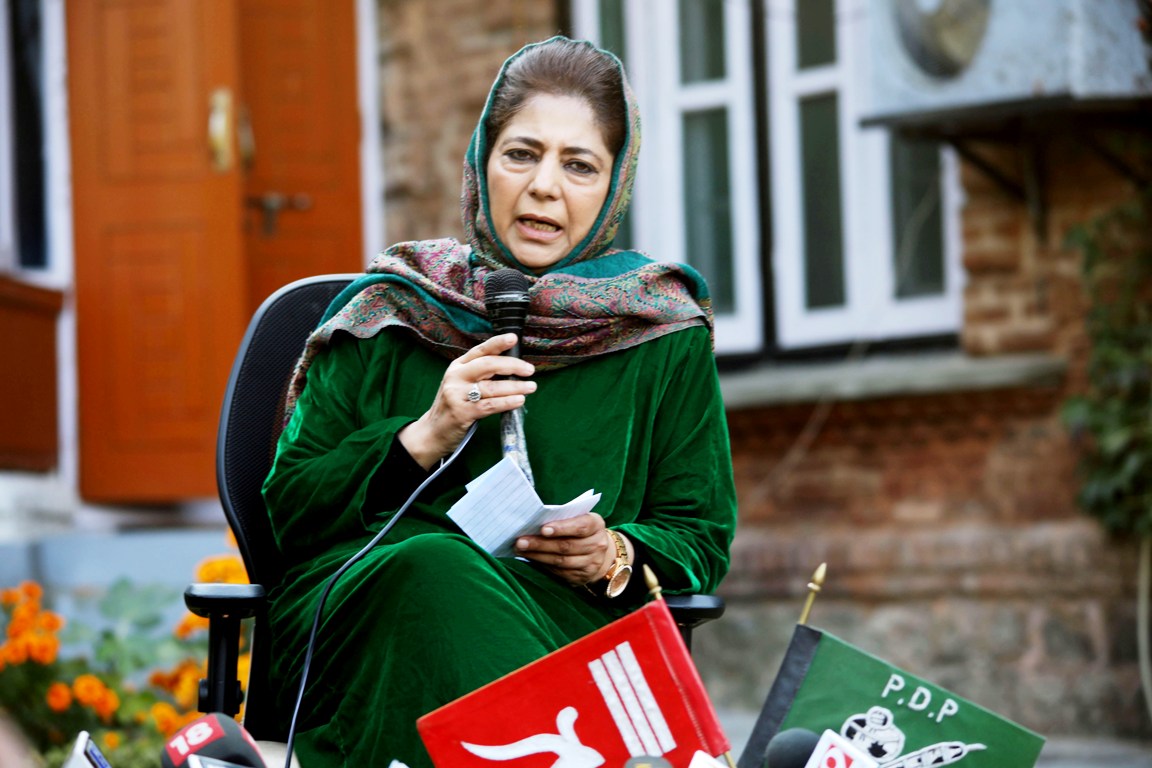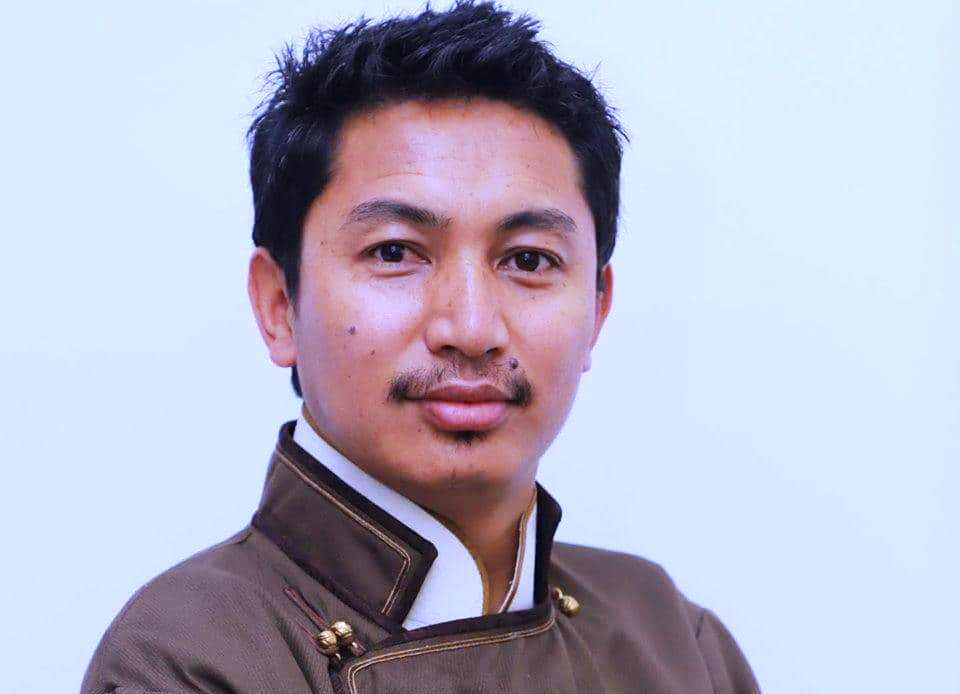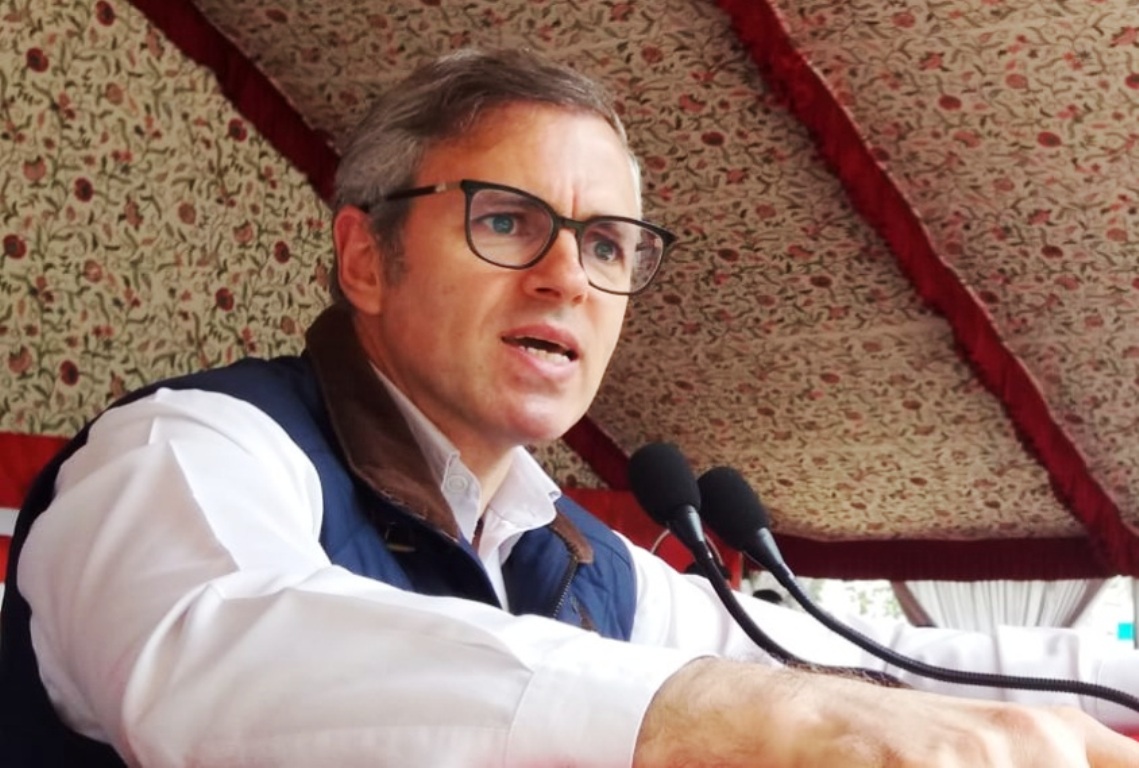KL Report
SRINAGAR
Karnail Singh, Army Counsel in Kunan Poshpora mass rape and torture case on Saturday, termed the case “like flogging a dead horse”. The case was taken for hearing today in Kupwara court but the Government Public Prosecutor did not appear providing an opportunity to the Army Counsel insist the matter be adjourned.
The case is now listed for final arguments on February 1, 2014.
Army revision petition to shut down investigations in the Kunan Poshpora mass rape and torture case was listed for final arguments today in Kupwara court.
The Government Public Prosecutor did not appear as he was on leave.
This provided an opportunity to the Army Counsel Karnail Singh who insisted that the matter be adjourned.
Karnail Singh stated that pursuing the case was like “flogging a dead horse” and that the Indian Army is the “best disciplined force in the world” and that all violations are dealt with an “iron hand” through court-martial.
The Kunan Poshspora tragedy occurred on February 23, 1991, when units of the Indian army launched a search and interrogation operation in the village of Kunan Poshpora, located in Kupwara District. At least 53 women were allegedly gang raped by Army personnel that night. However, Human Rights organizations including Human Rights Watch have reported that the number of raped women could be as high as 100.
Although the Indian government′s investigations into the incident rejected the allegations as “baseless,” international human rights organizations have expressed serious doubts about the integrity of these investigations and the manner in which they were conducted, stating that the Indian government launched a “campaign to acquit the army of charges of human rights violations and discredit those who brought the charges.”
Following the district magistrate’s report, increased publicity about the incident led to strong denials from Indian military officials. Once Mufti Baha-ud-Din Farooqi, then Chief Justice of Jammu and Kashmir, led a fact-finding mission to Kunan Poshpora.
Over the course of his investigation, he interviewed fifty-three women who alleged to have been raped by the army men, and tried to determine why a police investigation into the incident had never taken place.















